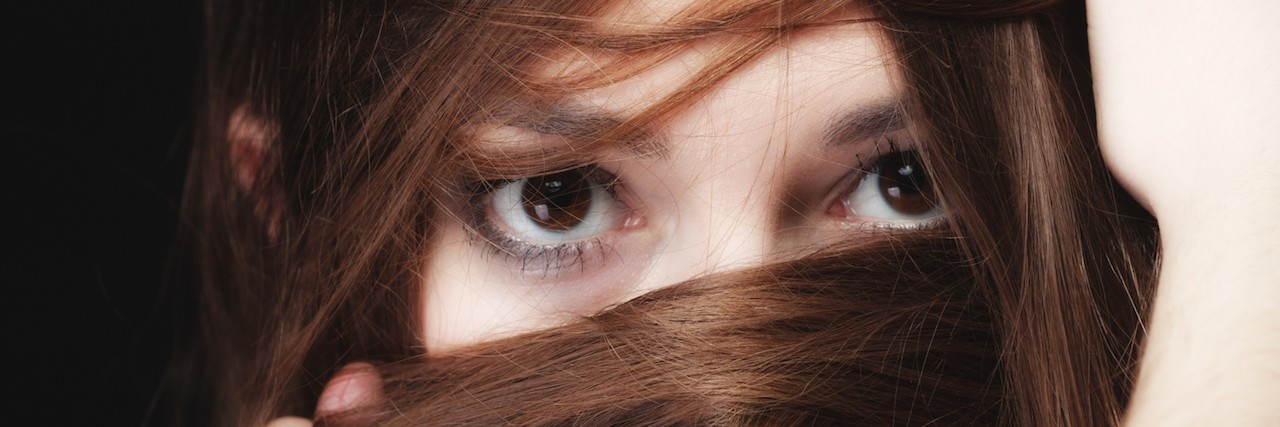I wish I would’ve known… my symptoms were an actual illness. That I wasn’t alone. That medical help was available. And that I would recover.
I knew I didn’t have a normal problem. I didn’t dare divulge my secret, afraid I would be ridiculed. What prevented me from talking about it was the stigma attached to mental illness.
May is Mental Health Month. National Children’s Mental Health Awareness Week is also in May. This hits close to home, as I was a girl when my symptoms of panic disorder began.
I was 10 years old and had no idea what my strange feelings were. At first I’d have episodes of disorientation. It was like I was in a fog or dream, and things didn’t seem real. Sometimes when I looked in the mirror, I’d think, am I really me? I know it sounds weird. It was frightening. I never told anyone because I was embarrassed and ashamed. I now know I had feelings of detachment and derealization, which occur in people with panic disorder.
In middle school, I started to have terrifying times when all of a sudden, I’d get lightheaded, my heart would race, I’d start to black out and was afraid I’d faint. I’d want to practically run out of the place I was at. It would happen at school, the mall and while driving. I couldn’t think of any reason I should be so scared. The sensations would wash over me like a tsunami, and eventually retreat to calmer waters.
I didn’t realize what I experienced were panic attacks.
I was in my early 30s when I finally went to the doctor. He told me I had anxiety and agoraphobia. I couldn’t believe there was a name for my symptoms. And that other people, millions of others, had this too. The best part was that I could get treatment. I didn’t need to suffer anymore.
I felt pure relief! I’d thought my doctor would have to refer me for tons of brain tests, in a desperate attempt to find out what was wrong. I didn’t think he’d give me an actual diagnosis for my mysterious symptoms.
When my daughter was 10 and diagnosed with panic attacks, she didn’t want anyone to know. She was afraid her friends would think differently of her.
I couldn’t blame her. I didn’t want the school nurse to write “anxiety” in her medical chart. I didn’t want her to be labeled. It’s so hard to explain a mental illness. No one would say anything if she had a broken leg. But I worried what they’d say if they found out she had panic attacks.
Thankfully, things are beginning to change. People are speaking out. But
we’ve got a long way to go to end the stigma.
People suffering from mental health issues need to know they aren’t alone. They can receive treatment and they can recover. I’m happy to say my daughter and I are testaments to that. We are nearly panic free — and that’s a great thing to know.
The Mighty is asking the following: Were you diagnosed with your disease, disability and/or mental illness as an adult? Tell us about the moment you finally got your diagnosis. Check out our Submit a Story page for more about our submission guidelines.

